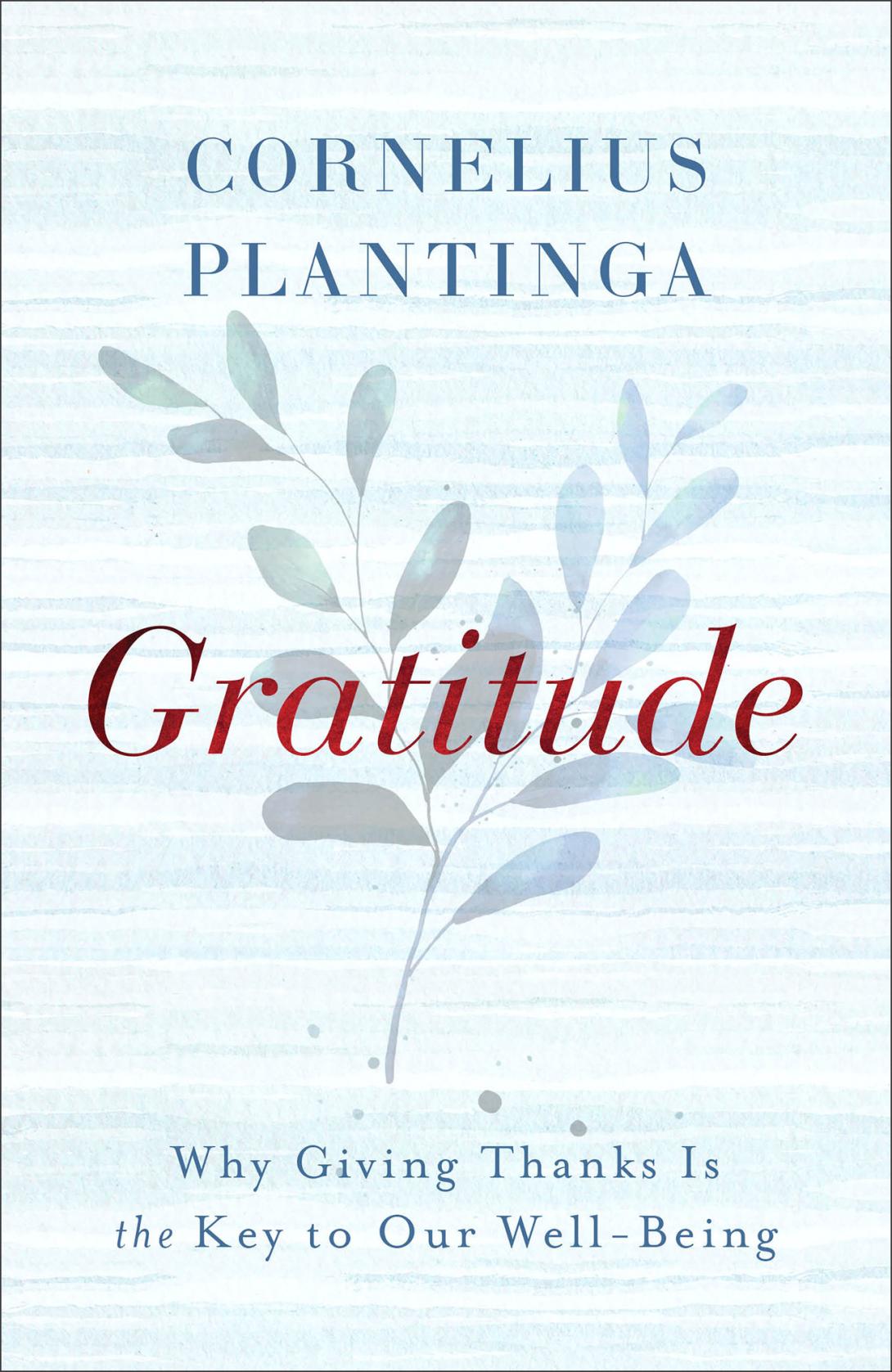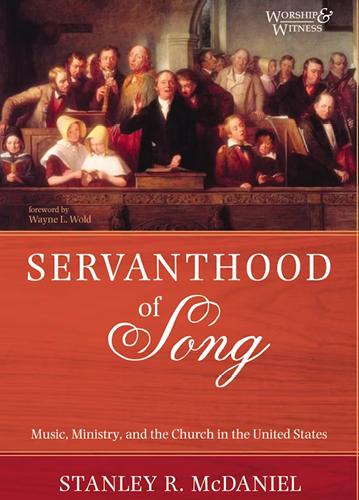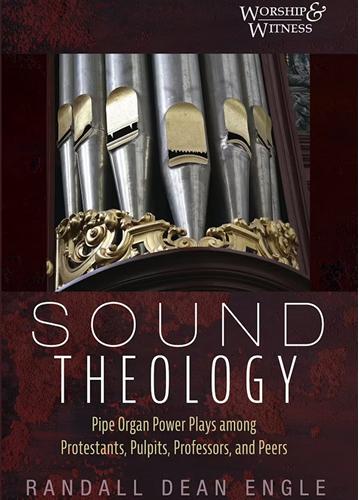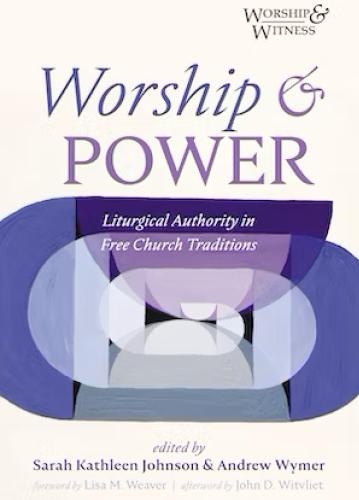Book Details
Philosopher James K. A. Smith reshapes the very project of Christian education in Desiring the Kingdom. This text is the first of three volumes that will ultimately provide a comprehensive theology of culture. The entire set will address crucial concerns in ontology, anthropology, epistemology, and political philosophy. Desiring the Kingdom focuses education around the themes of liturgy, formation, and desire. The author contends--as did Augustine--that human beings are "desiring agents"; in other words, we are what we love. Postmodern culture, far from being "secular," is saturated with liturgy, but in places such as malls, stadiums, and universities. While these structures influence us, they do not point us to the best of ends. Smith aims to move beyond a focus on "worldview" to see Christian education as a counter-formation to these secular liturgies. His ultimate purpose is to re-vision Christian education as a formative process that redirects our desire toward God's kingdom and its vision of flourishing. In the same way, Smith re-visions Christian worship as a pedagogical practice that trains our love.
Desiring the Kingdom will reach a wide audience; professors and students in courses on theology, culture, philosophy, and worldview will welcome this contribution. Pastors, ministers, worship leaders, and other church leaders will appreciate this book as well.
Recent Publications
Gratitude: Why Giving Thanks Is the Key to Our Well-Being
What is gratitude? Where does it come from? Why do we need it? How does it change us?
In Gratitude, award-winning author Cornelius Plantinga explores these questions and more. Celebrating the role of gratitude in our lives, Plantinga makes the case that it is the very key to understanding our relationships with one another, the world around us, and God.
Servanthood of Song: Music, Ministry, and the Church in the United States
'Servanthood of Song' is a history of American church music from the colonial era to the present. Its focus is on the institutional and societal pressures that have shaped church song and have led us directly to where we are today.
Sound Theology
This book surveys the liturgical soundscape during and after the Reformation with regard to the use of instruments in worship in general, and the (dis)use of the pipe organ specifically.
Gratitude: Why Giving Thanks Is the Key to Our Well-Being
What is gratitude? Where does it come from? Why do we need it? How does it change us?
In Gratitude, award-winning author Cornelius Plantinga explores these questions and more. Celebrating the role of gratitude in our lives, Plantinga makes the case that it is the very key to understanding our relationships with one another, the world around us, and God.
Servanthood of Song: Music, Ministry, and the Church in the United States
'Servanthood of Song' is a history of American church music from the colonial era to the present. Its focus is on the institutional and societal pressures that have shaped church song and have led us directly to where we are today.
Sound Theology
This book surveys the liturgical soundscape during and after the Reformation with regard to the use of instruments in worship in general, and the (dis)use of the pipe organ specifically.
Worship and Power: Liturgical Authority in Free Church Traditions
This edited volume models how dialogue among scholars and practitioners can promote worship practices that are faithful and just.




